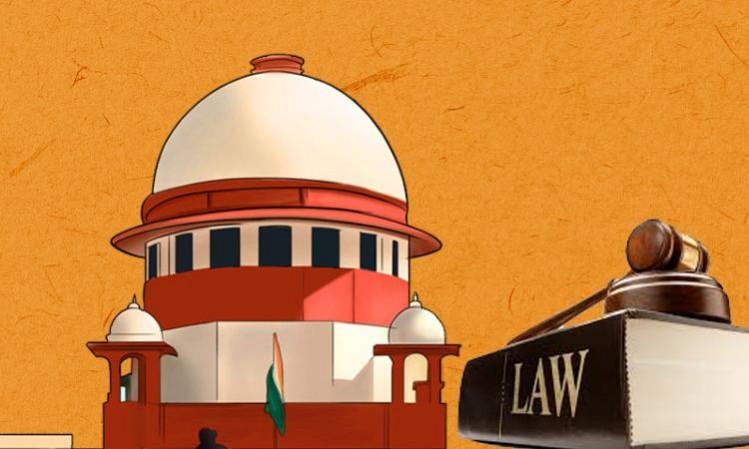The Supreme Court is slated to hear on Tuesday the batch of pleas challenging the constitutionality of the colonial-era penal provision of sedition.
As per the causelist published on the website of the apex court, a bench headed by CJI DY Chandrachud and comprising Justices J.B. Pardiwala and Manoj Misra will take up the matter for hearing on September 12.

On May 11 last year, in a path-breaking order, the Supreme Court directed the Centre and all the state governments to refrain from registering any FIR or taking any coercive measures, while suspending all continuing investigations in relation to the Indian Penal Code's Section 124A (sedition), and also directed that all pending trials, appeals, and proceedings be kept in abeyance.
The apex court, in its prima facie observation, had opined that the rigours of Section 124A of IPC were not in tune with the current social milieu, and were intended for a time when this country was under the colonial regime.
In May this year, Attorney General R. Venkataraman had urged the top court to schedule the matter in August for hearing after the monsoon session of the Parliament.

The Law Commission in June this year, in its report to the government, had advocated for retention of the penal provision dealing with sedition, saying that "colonial legacy" is not a valid ground for its repeal.
The panel recommended model guidelines curbing the misuse of Section I24A of IPC and said that amendments could be introduced to bring about greater clarity regarding usage of the provision.
The Bhartiya Nyaya Sanhita (Indian Penal Code (IPC)) Amendment Bill was recently tabled before the Parliament by Union Home Minister Amit Shah proposing a comprehensive overhaul of penal code. In the new code, the term 'sedition' is missing but similar offences such as one under Section 150 duly finds its place.
(With inputs from IANS)










